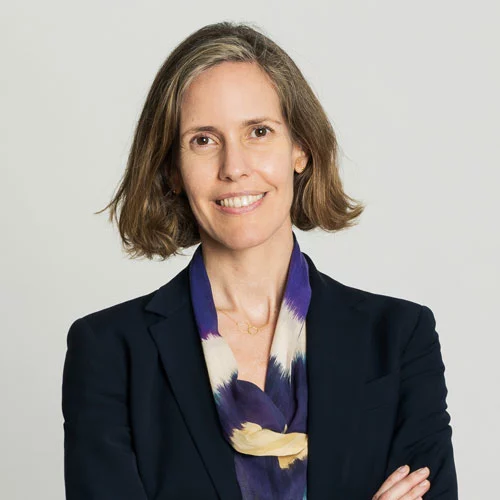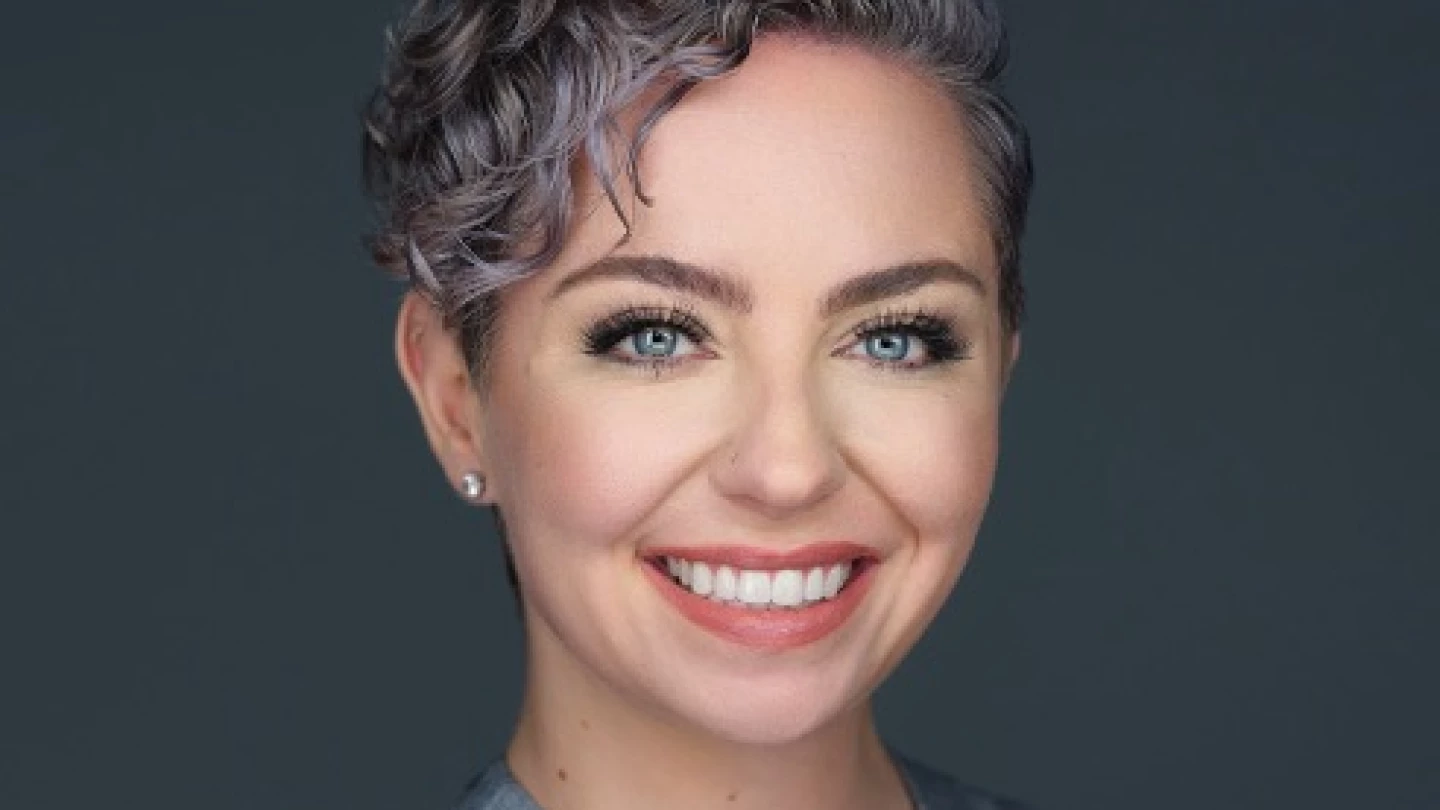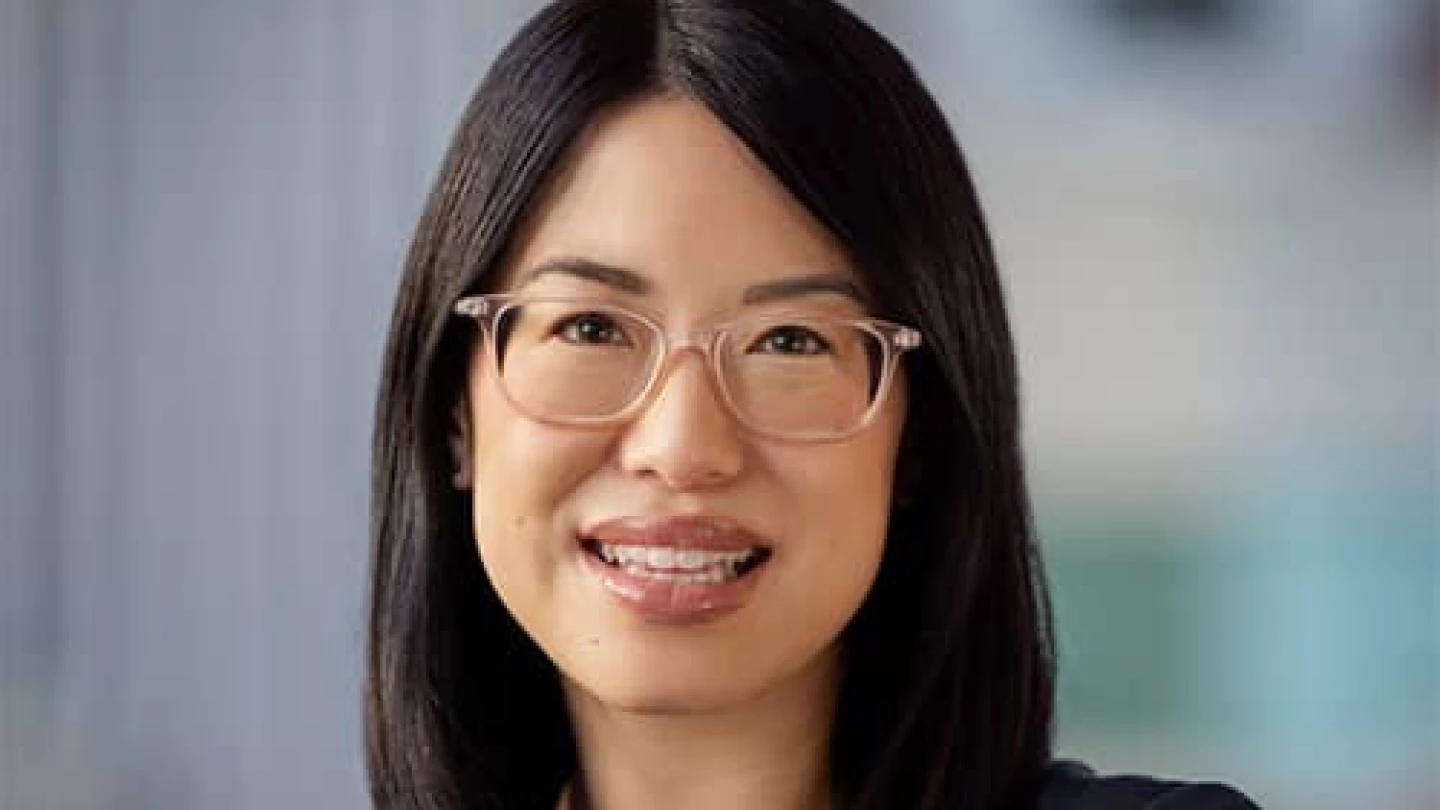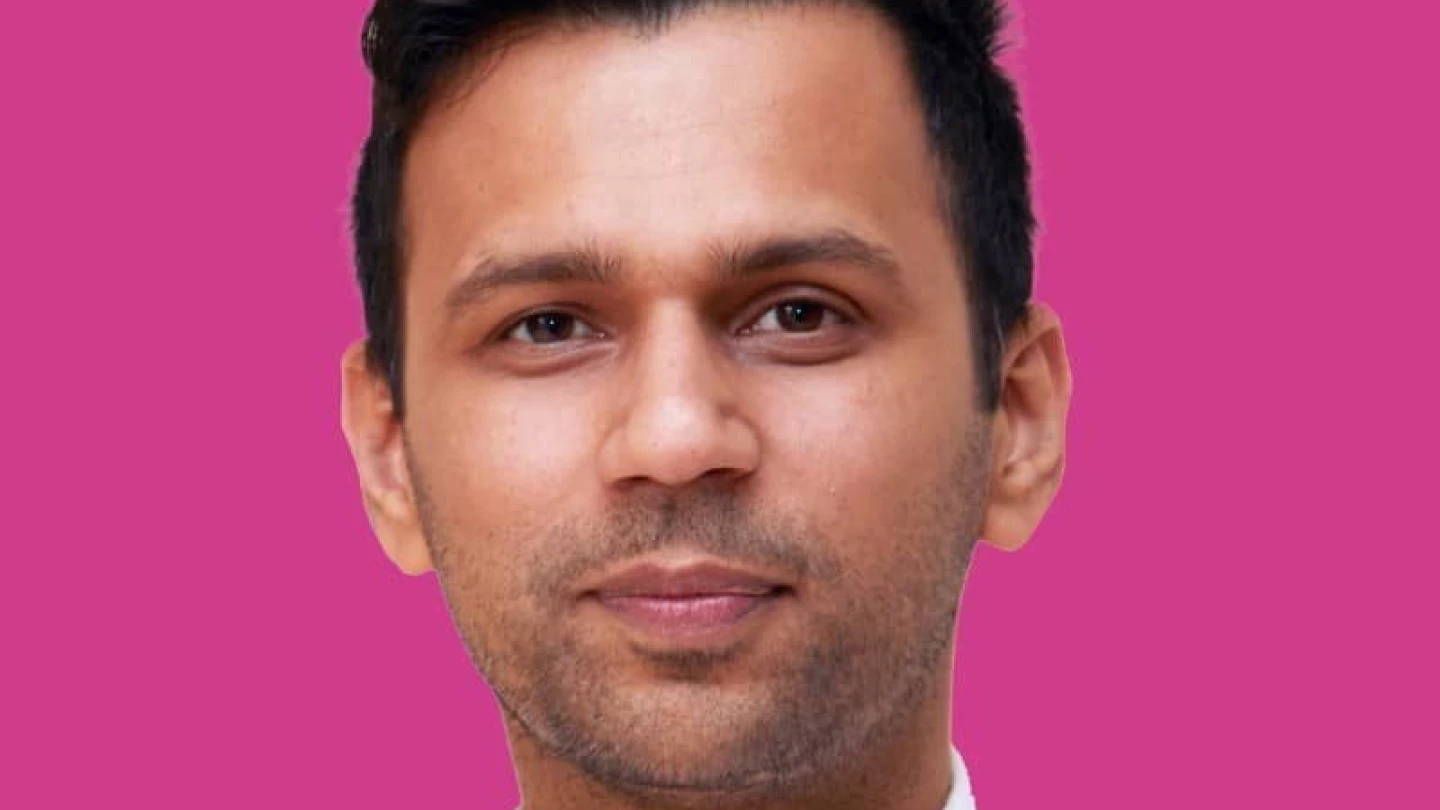As a partner and board member of EDM Asset Management, how do you leverage your BCG experience to shape EDM’s wealth management strategy?
During my first tenure at BCG, I worked as a summer consultant in the Paris office. However, in my second tenure, I was in a more people-focused role as an office coordinator. This was a significant shift for me, as it was the first time my role centered primarily on soft skills. Previously, my work had been in finance—crunching numbers and managing Excel spreadsheets—which I enjoyed but always felt lacked a deeper, more human element. In this new role, I discovered that working with and for people gave me a stronger sense of purpose.
One aspect I truly appreciated about BCG was its people-oriented culture. As an office coordinator, I was responsible for staffing, career development, and training. This required listening to and understanding the perspectives of a wide range of individuals—from junior consultants to partners—and helping them balance their priorities for optimal outcomes, as I really had to put myself in their shoes to understand how to best help them. Through this role, I developed a deep appreciation for caring for people in a professional setting, which became a passion I carried forward into subsequent roles and organizations. At a company like BCG, where people are your greatest asset, caring for employees is as critical as caring for clients and customers. This mindset profoundly shaped my approach to leadership.
In terms of personal development, my time at BCG fueled my curiosity and commitment to continuous learning. I had countless opportunities to learn from mentors and colleagues, each bringing unique insights that kept me motivated and inspired to grow and thrive. Additionally, I participated in training programs and built connections with colleagues in the US, which broadened my perspective and helped me see beyond my day-to-day responsibilities to understand the bigger picture.
From my time in consulting, one key lesson was the importance of breaking problems into smaller, manageable pieces. It’s simple in theory, but often overlooked in practice. However, chopping big problems into smaller, digestible pieces and then tackling each piece turn by turn, even if they are sometimes linked, allows me to understand all the nuances of a problem while leading larger strategy issues within my company today as well. Taking baby steps, staying on course, allows me to tackle large issues without getting overwhelmed.
Another invaluable lesson I learned was the power of asking questions. Sometimes, we find ourselves jumping to conclusions, thinking we know the answers. I, too, tend to be impulsive in that sense. But asking questions and maintaining openness about the answer, is something I’ve found truly beneficial. Having the willingness to be surprised by unexpected answers.
Consulting fosters creativity and innovation, but these are only possible when we ask the right questions and remain open to diverse perspectives and feedback. Asking questions, being open to answers, open to people’s feedback and views, and accepting the diversity of dialogue along with what it brings us—these are all skills I gained from my years at BCG.
You transitioned from technical, data-driven financial planning and analysis roles to a more human-centered, strategy-focused position requiring strong soft skills. How did you successfully navigate this shift?
I definitely had mixed feelings at the time. On one hand, self-doubt crept in: “Am I shifting gears just to avoid the hard skills, number-crunching, and data-driven aspects of my work?” But on the other hand, I felt a strong sense of purpose in following this new path. Looking back, it’s evident from my subsequent career choices that coaching has naturally become my primary focus.
I realized that, at its core, a company is really about its people. Sure, there are industrial companies with fixed assets and operations, but ultimately, it’s people who drive progress. The complexity and depth of working with people have always fascinated me. For someone like me, who has always valued personal connections, this shift just felt right—almost instinctively so. What surprised me most was how comfortable I felt stepping into this role, even though it was my first time leaving technical work behind to focus entirely on the human aspect in a professional sense.
We need people to do everything, of course, and some people might get really excited about number crunching and have stronger hard skills. But to me, in hindsight, while it was some level of interesting as it was always a challenge or a “problem to be solved,” I’ve come to realize that I truly thrive when I am working with people and building genuine connections. That’s where I find my energy and meaning.
What are the key priorities, opportunities, and challenges you anticipate for EDM Asset Management in driving both social and business impact?
I am passionate about creating a thriving company culture. Over the years, many have commented on our strong culture, and I believe that’s no accident—it’s the result of intentional effort. My role is to ensure that we constantly challenge ourselves to nurture and evolve that culture. People development and care are central to this. A culture that genuinely engages and supports employees creates a ripple effect: it benefits clients, employees, and even their families. While culture might seem abstract at times, it’s a vision we can solidify through actionable, tactical steps. The journey may not always be perfect, but building something people value is always worth it.
Leadership is key to sustaining this vision, especially during times of change. For context, EDM transitioned from a family-owned business to a new ownership structure, which required careful management to preserve our culture and core values. Our goal has remained the same: to continue caring for employees and keep them engaged, happy, and motivated.
Another priority for us is technology. EDM has traditionally been a more analog organization. However, we recognize the importance of embracing digital trends. Our focus has been on integrating technology into specific processes to enhance efficiency and free up space for human creativity and productivity.
Sustainability is also a cornerstone of our strategy. When evaluating potential investments, we use a rigorous filtering system to select companies that meet defined sustainability criteria. Though EDM is a small firm with around 90 employees and limited resources, we are committed to creating a culture of sustainability through the impact of our investments. Interestingly, we’ve observed that some large investment houses are taking a step back from sustainable investments, likely due to perceived lower returns or challenges in measuring impact. While this trend is disheartening overall, we see it as an opportunity to still demonstrate that even small and mid-sized businesses can drive meaningful change when leadership is aligned with these values.
In terms of investment philosophy, EDM takes a traditional, long-term approach. Our focus is on fundamental analysis—we invest in companies we know deeply, spending time understanding them to ensure that they align with our principles. We prioritize sustainable, steady growth over speculation. Our aim is to build investments that can be passed down to future generations—a model that’s increasingly rare in today’s fast-paced market. For example, the average holding period for a stock has shrunk dramatically, from five years a decade ago to just three months today. This short-term mindset undermines the potential of long-term, thoughtful investment strategies, which we believe the world needs more of. So for us, having the ability to clearly communicate this opportunity as a mindset—and not just to explain the differentiating factor we bring to the table—allows us to make people aware of the best options available to them. I think that’s definitely a relevant opportunity.
When it comes to challenges, a key one that we face is the growing complexity of regulations in our sector. While compliance is crucial, the sheer volume of requirements often drives uniformity among investment firms, reducing differentiation in portfolios. Many players will tend to adopt standardized strategies to meet regulatory demands, ultimately limiting diverse portfolios for clients. Another concern is the rise of passive management, where portfolios match indices rather than focus on individual stock curation. This trend has led to significant cross-shareholding among large investors, which reduces competition and can lead to the distortion of fair market dynamics. These challenges are shaping the industry and require careful consideration.
Despite these obstacles, we remain committed to our core philosophy: investing with a long-term perspective, focusing on businesses that align with our values, and tailoring portfolios to meet client needs. Communicating this approach effectively is both a challenge and an opportunity. We aim to demonstrate that investing is not just about making money quickly but about creating sustainable, meaningful value over time.
Finally, sustainability resonates strongly with the younger generation, who are increasingly asking about the processes and criteria we use to evaluate companies. They care about whether a company’s sustainability efforts are genuine or simply greenwashing. While we invest in public companies, we strive to ensure that sustainability is not just a checkbox but an integral part of a company’s culture. It’s a challenge we embrace because it aligns with our vision for the future.
Asking questions, being open to answers, open to people’s feedback and views, and accepting the diversity of dialogue along with what it brings us—these are all skills I gained from my years at BCG.”
You have held a myriad of roles across finance and operations, as well as being a board member and well-being coach. What do you consider your greatest career accomplishment, and how has it contributed to your professional and personal growth?
I’m most proud of my recent achievement of completing my Integral Development Coaching certification in July. This program was not just a professional milestone but also a personal one. It demanded a deep commitment to my own growth and self-awareness while also preparing me to guide others in their journeys. Unlike my earlier certification in health and well-being coaching—which focused on physical health aspects such as nutrition, sleep, and exercise—this training went beyond that. It emphasized integrity and alignment, encouraging people to truly listen to what their hearts and bodies are asking of them.
Well-being, I’ve come to realize, is about much more than surface-level health. It’s about achieving inner peace and authenticity—doing what genuinely resonates with us. This realization has been transformative for me, sparking a sense of vitality and purpose in both my personal and professional life.
In July, I’ll be starting a new program in Paris focused on executive-level organizational change. This complements my Integral Development Coaching work, which is centered on individual transformation—something I find both challenging and deeply fulfilling. Guiding people through personal change and walking alongside them in their journeys is a privilege. It’s a process that requires presence, and it has taught me to be more mindful and intentional in my own life as well.
What I love most about coaching is the dynamic, almost magical relationship it creates. Sometimes, it’s simply about listening and resonating with what the client shares. It’s a collaborative dance that can be truly transformative—not just for the client, but for me as well.
Now I’m expanding my perspective to include systemic change, particularly in the context of corporate culture. I’m passionate about creating environments where people can thrive. To do this, I’ve had to let go of some preconceived ideas about myself—such as needing specific responsibilities or traditional career structures —and instead focus on what truly matters: building meaningful connections and engaging with people on a deeper level.
In summary, I’d say my recent accomplishments in the coaching space are what I’m most proud of. They’ve allowed me to grow personally while helping others discover their own paths to growth and fulfillment.
Earlier this year, you were elected as the president of IESE Business School’s Alumni association. Are there any lessons you can cross-pollinate as a BCG alumna, that you believe translate well into this role and how you lead the alumni association?
One of the things I find truly inspiring is the idea of “Once a BCGer, always a BCGer.” The alumni town halls, for example, are fantastic opportunities for BCG alumni to connect and engage. I’ve noticed that the communication from BCG—though there’s a lot of it—is always relevant. It encourages meaningful, two-way engagement.
This is something I believe we could bring more of to IESE. Currently, much of our communication tends to be one directional. We’re working on changing this to create more interactive exchanges. One idea we’re focusing on is empowering our alumni chapters. At BCG, while the organization operates globally, there’s a strong emphasis on the local offices. Similarly, at IESE, we’re seeing the growing importance of local alumni chapters. These chapters can play a crucial role in strengthening the connection between local alumni and the school.
We’re also exploring ways to make the research and insights we share with alumni more relevant. As an academic institution, we produce a lot of research, but the key is to tailor this communication based on alumni interests. Gathering feedback about their specific areas of interest helps us deliver more targeted and meaningful content. The Life Long Learning platform is an example of a project we are now piloting to be able to cater content to individual interests.
In short, fostering two-way communication, creating opportunities for engagement, and leveraging local chapters to bring alumni closer to the school are priorities we’re actively working on at IESE. By building on these ideas, we aim to create a stronger, more connected alumni community.
You began at BCG as a summer consultant in the Paris office and returned to BCG a few years later as office coordinator in Mexico City. How did your initial experience at BCG influence your decision to come back?
My summer internship was a bit of a mixed experience. The Paris office, in particular, was challenging—mainly because I was there during the summer when many people were on holiday, which made the office feel quieter and less dynamic than usual. Additionally, while French is my first foreign language, I had been living and working in the UK for some time, so I was more accustomed to operating in English. It took me a little while to adjust to working in French again, especially since the role involved a lot of writing, such as creating presentations.
I was also in the midst of a transitional phase of my life— planning our next steps with my future husband, who is Mexican. I already knew that I wouldn’t be going back to the Paris office, as I had plans to move to Mexico.
Interestingly, my connection with BCG didn’t end there. While I was in Mexico, I worked as a client alongside a team of BCG consultants. That experience opened the door to new opportunities. When I later started interviewing with the BCG Mexico office, I felt an immediate affinity for the environment and, particularly, the office leader I would be reporting to. He made a strong impression on me professionally, and over time, we’ve developed a great friendship beyond BCG too.
The role I was offered in Mexico was different from my previous consulting experience. It felt like a new challenge, one that aligned more deeply with my personal values, such as caring for people and making a meaningful impact. The combination of the team I met, the environment in the Mexico and Monterrey offices, and the unique aspects of the role itself made the decision an easy one. It resonated with me on a deeper level and felt like the right direction for my career at that time.
What guiding principles have shaped your career? Are there leadership lessons that you took from your time at BCG that continue to impact how you mentor and lead?
For me, one of the most important principles has always been commitment to what I set out to do. Whenever I’ve found my commitment compromised—whether due to circumstances or shifting priorities—I quickly recognize that it is time to make a change. I’ve always approached my work with a deep passion and energy, and anything less indicates to me that I need to review my approach. Looking back, that drive has been a constant through different stages of my life.
Linked to this is the principle of excellence—striving to do the best I can in everything I take on. Admittedly, this sometimes comes at a cost, pushing me to my limits. But I’ve found immense satisfaction when I can be fully present and give my best to whatever I’m doing. On the flip side, if I notice I’m not able to give my best, it prompts me to reflect: What’s happening? Why am I not fully engaged? That kind of introspection has helped me recalibrate when needed.
Another core value for me is caring for people. While I discovered the depth of this during my time at BCG, it’s something that has always been a part of me. From my first job at Goldman Sachs to subsequent roles, connecting with and supporting people has been incredibly important. Whether as a junior team member or in leadership positions, I’ve always felt a strong meaning in fostering relationships and contributing to others’ growth and well-being.
When it comes to leadership lessons, integrity stands out—staying true to oneself, especially when there is pressure to perform or obtain recognition from others. Over time, I’ve learned to set boundaries and prioritize what truly matters to me and stay aligned to my values. This includes understanding my limits and recognizing that while generosity is a strength, it’s essential to know when to pause and care for oneself.
One lesson I’ve observed in great leaders is the balance between caring for others and maintaining clear boundaries. They are there for their teams, but they’re also intentional about preserving their own well-being. For me, this has been a journey of learning—sometimes the hard way. At times, I’ve felt guilty for prioritizing myself, but I’ve come to understand that setting boundaries isn’t selfish; it’s sustainable. Integrity allows us to contribute meaningfully while maintaining our own sense of balance and well-being.
Ultimately, integrity is about ensuring that we don’t lose ourselves in the process of fulfilling our responsibilities. It’s not about avoiding challenges or giving up on what needs to be done, but rather about finding a way to honor our values and stay true to ourselves throughout the journey.



